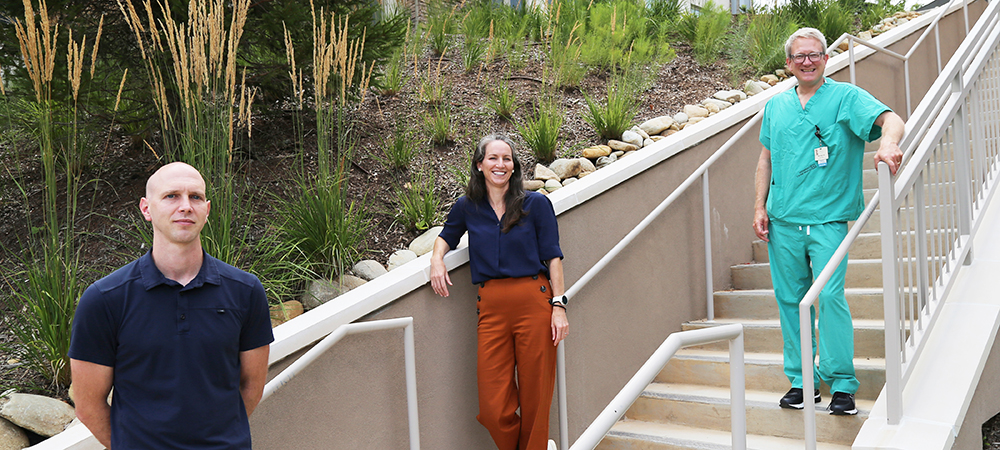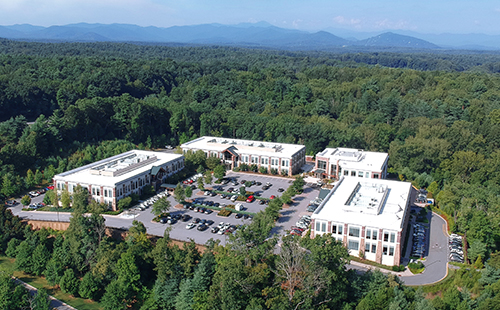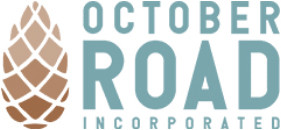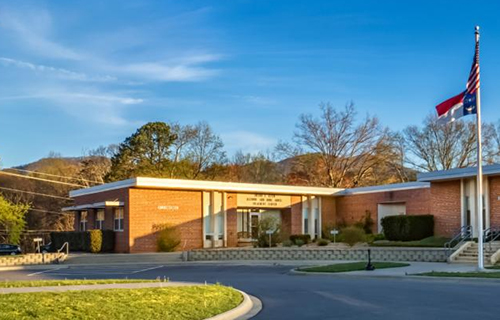
Addiction Medicine Fellowship



MAHEC is the knowledge hub for addiction medicine and technical assistance in Western North Carolina and a national leader in medical education and clinical practice for the treatment of opioid use disorder in primary care settings.
Our faculty have created a strong and supportive curriculum to ensure physicians are comfortable and knowledgeable in treating substance use disorders in primary care settings. Our fellowship provides a unique opportunity to practice team-based care across a variety of settings and populations.
The goal of our fellowship is to train physicians to provide addiction treatment services in rural communities in Western North Carolina where these services are needed most and overdose rates are higher than state and national averages and rising.
Fellows will train at inpatient and outpatient sites that provide treatment and recovery services for vulnerable populations. Interdisciplinary training includes medical detoxification, pharmacotherapy, motivational interviewing, psychosocial approaches, harm reduction, 12-step facilitation, working with peer support specialists, and providing consultative services.
Upon successful completion of our program, fellows will be well prepared to apply for board certification and practice in addiction medicine.
Sincerely,
 Nathan Mullins, MD
Nathan Mullins, MDMAHEC is committed to inspiring and equipping the next generation of healthcare professionals and expanding access to care for all. Our vision is to create a healthier community in Western North Carolina and beyond.
The overall education goals and objectives for the addiction medicine fellowship will be obtained through continuity of care experiences, learning experiences, clinical core rotations, program-specific rotations, elective rotations, and scholarly activities. Upon completion of the fellowship, proficiency will be expected in the following:
In addition to the dedicated rotations above, each week on Tuesday afternoons fellows will attend in-person didactics to supplement the ACAAM virtual didactic series. This time is specifically used as an opportunity to discuss recent interesting cases as well as the treatment landscape of Western North Carolina as fellows rotate at different clinical sites. Wednesday afternoons, fellows will have a half day of continuity OBOT clinic at MAHEC Family Health Center.

MAHEC (Mountain Area Health Education Center) was established in 1974 and serves a 16-county region in Western North Carolina. MAHEC is the largest Area Health Education Center in North Carolina and evolved to address national and state concerns with the supply, retention, and quality of healthcare professionals. MAHEC’s approach to caring for patients is based on an advanced care team model. MAHEC's Biltmore campus houses residency training programs in family medicine, internal medicine, obstetrics and gynecology, general surgery, pharmacy, and dentistry.
MAHEC's Biltmore campus is also home to UNC Health Sciences at MAHEC, an academic health center in partnership with UNC-Chapel Hill that includes programs from the UNC School of Medicine, UNC Gillings School of Global Public Health, and UNC Eshelman School of Pharmacy.

Mission Hospital, an operating division of HCA Healthcare located in Asheville, NC, serves as the regional referral center for tertiary and quaternary care in Western North Carolina and the adjoining region. Mission Hospital is licensed for 730 beds and houses the region’s only dedicated Level II trauma center. It also includes Mission Children’s Hospital—the region’s only children’s hospital. The flagship hospital of Mission Health, Mission Hospital was ranked as one of the nation’s Top 100 Hospitals by Truven Health Analytics from 2009 to 2015.

Behavioral Health Group is the largest network of Joint Commission-accredited outpatient opioid treatment and recovery centers in the U.S., with 64 locations across 14 states. BHG provides comprehensive, evidence-based, medical and behavioral therapies including FDA-approved medications (buprenorphine, methadone, and naltrexone), counseling, and wraparound services for individuals with opioid use disorder.

The Charles George VA Medical Center is a Joint Commission-accredited, tertiary referral, 1C facility that provides a full spectrum of health services to Veterans residing in a 23-county area of Western North Carolina. The medical center has 119 authorized acute care beds (including a 16-bed inpatient psychiatric unit), two state-of-the-art ICUs, 120 authorized community living center (CLC) beds, and 18 beds authorized for a substance use residential rehabilitation treatment program. The medical center also operates community-based outpatient clinics (CBOCs) in Franklin, Rutherford County, and Hickory, NC.

October Road is a behavioral health and substance use treatment services provider based in Asheville and Charlotte. October Road strives to support clients by actively participating in integrated care models, assisting communities in developing recovery-oriented systems of care, and providing proven evidence-based treatment. Services include assertive community treatment teams (ACTT), an opioid treatment program (OTP), intensive outpatient (IOP) treatment, a partial hospitalization program, a men’s residential program, medication management, and outpatient therapy.

The Julian F. Keith Alcohol and Drug Abuse Treatment Center in Black Mountain, NC (20 minutes east of Asheville) is one of three state-operated ADATCs designed to provide inpatient treatment, psychiatric stabilization, and medical detoxification for individuals with substance use and other co-occurring mental health diagnoses to prepare for ongoing community-based treatment and recovery.
The MAHEC Addiction Medicine Fellowship accepts applications from July through October. Initial interviews will be conducted as applications are received, ending in October. Applicants will only be considered for an interview at MAHEC in Asheville, NC once application materials have been received.
We will be using the Electronic Residency Application Service (ERAS) for application submission and review. The Addiction Medicine Fellowship program participates in the National Resident Matching Program (NRMP), otherwise known as the match.
Applicants will be required to submit:
All selected applicants will be required to submit the following:
Any resident who has a disability, as defined by the Americans with Disabilities Act, and/or special restrictions on his/her medical license must report this information and any requests for accommodations to the program director and the Graduate Medical Education (GME) office no later than the first day his/her residency program begins.
Prior to starting the fellowship, selected applicants will be required to demonstrate:
MAHEC does not directly sponsor residents or fellows that need a J-1 Sponsorship VISA. Non-U.S. citizen applicants needing visa sponsorship must secure this directory from the Educational Commission for Foreign Medical Graduates (ECFMG). The ECFMG is authorized by the U.S. Department of State to sponsor foreign national physicians for the J-1 Exchange Visitor visa for the purpose of participating in U.S. programs of graduate medical education or training. ECFMG is designated by the U.S. Department of State as a BridgeUSA sponsor for J-1 exchange visitor physicians enrolled in accredited programs of graduate medical education or training, or advanced research programs (involving primarily observation, consultation, teaching, or research). Although many universities and research institutions in the United States are authorized to sponsor exchange visitors as research scholars, ECFMG is the sole sponsor of J-1 physicians in clinical training programs.
Questions regarding VISA Sponsorship should be directed to the GME office at 828-232-2946 or gme@mahec.net.
